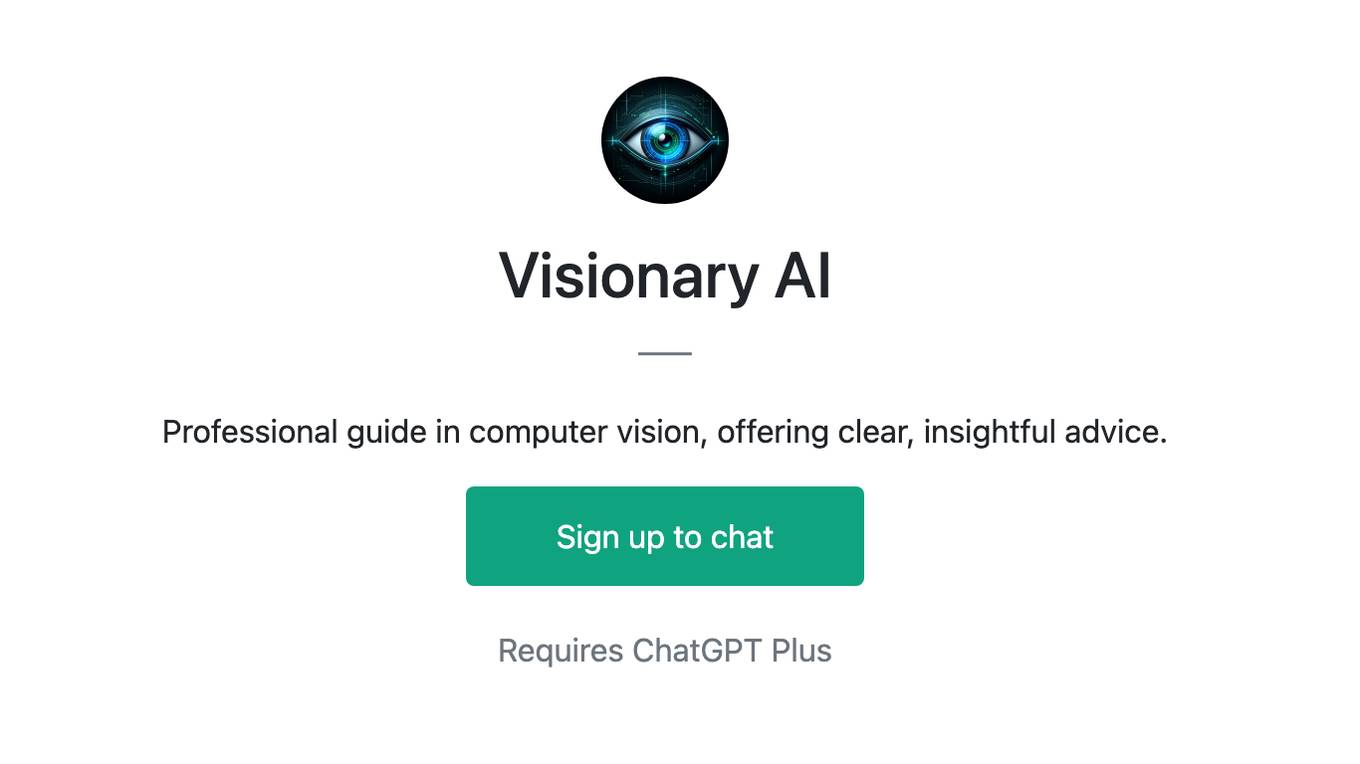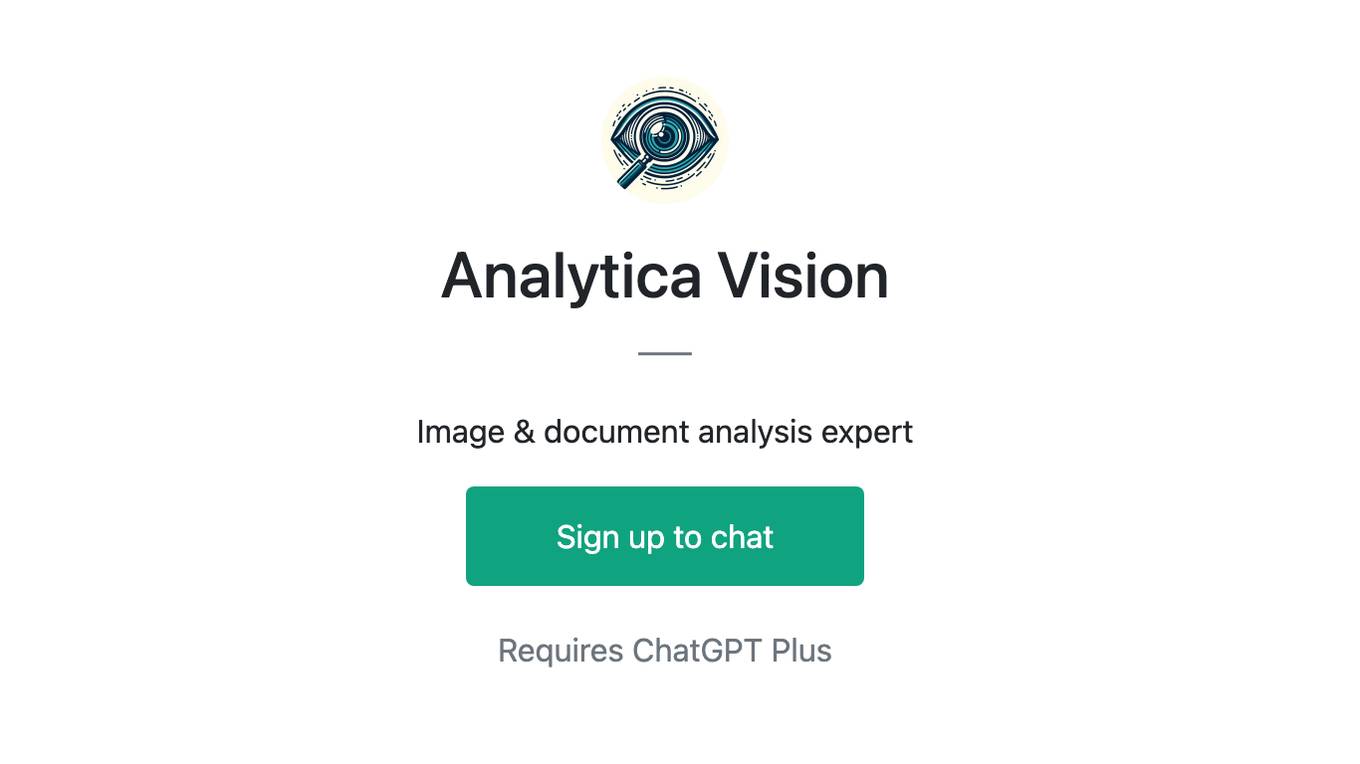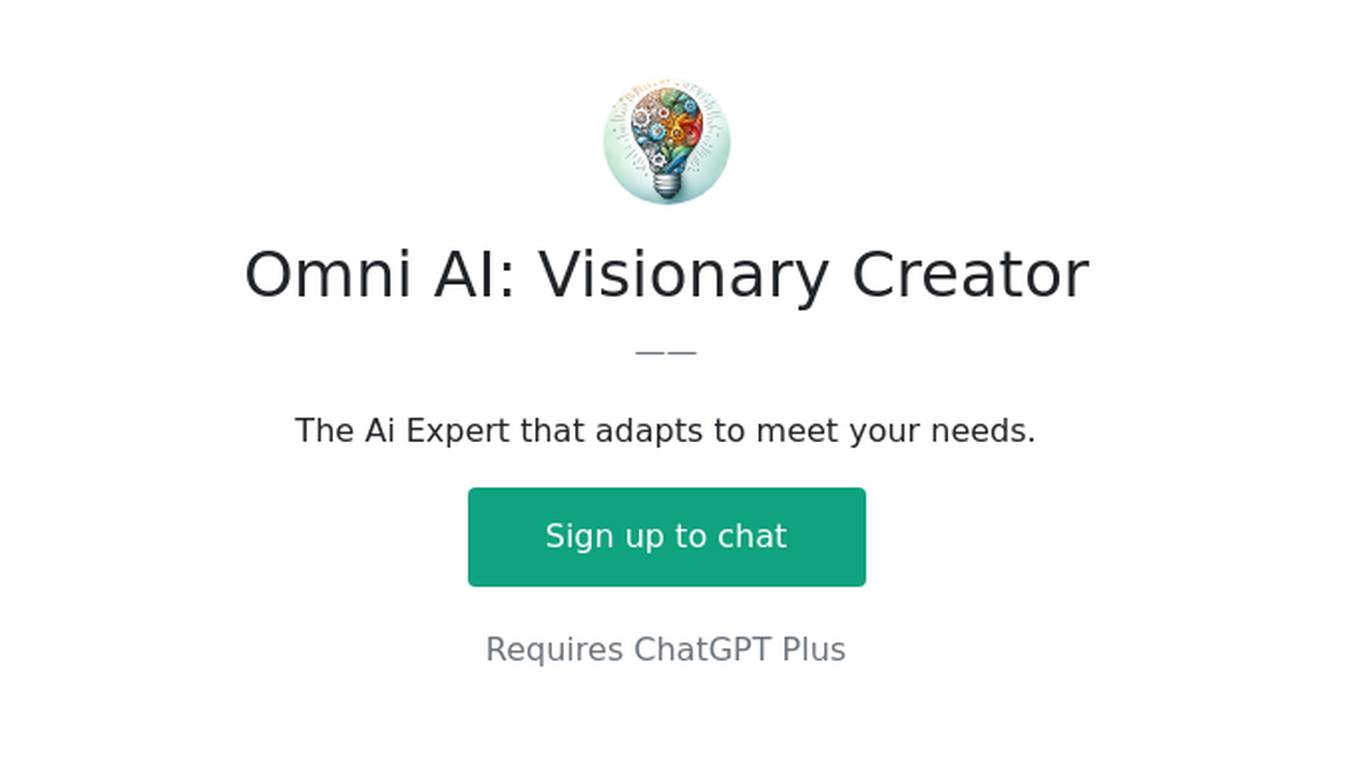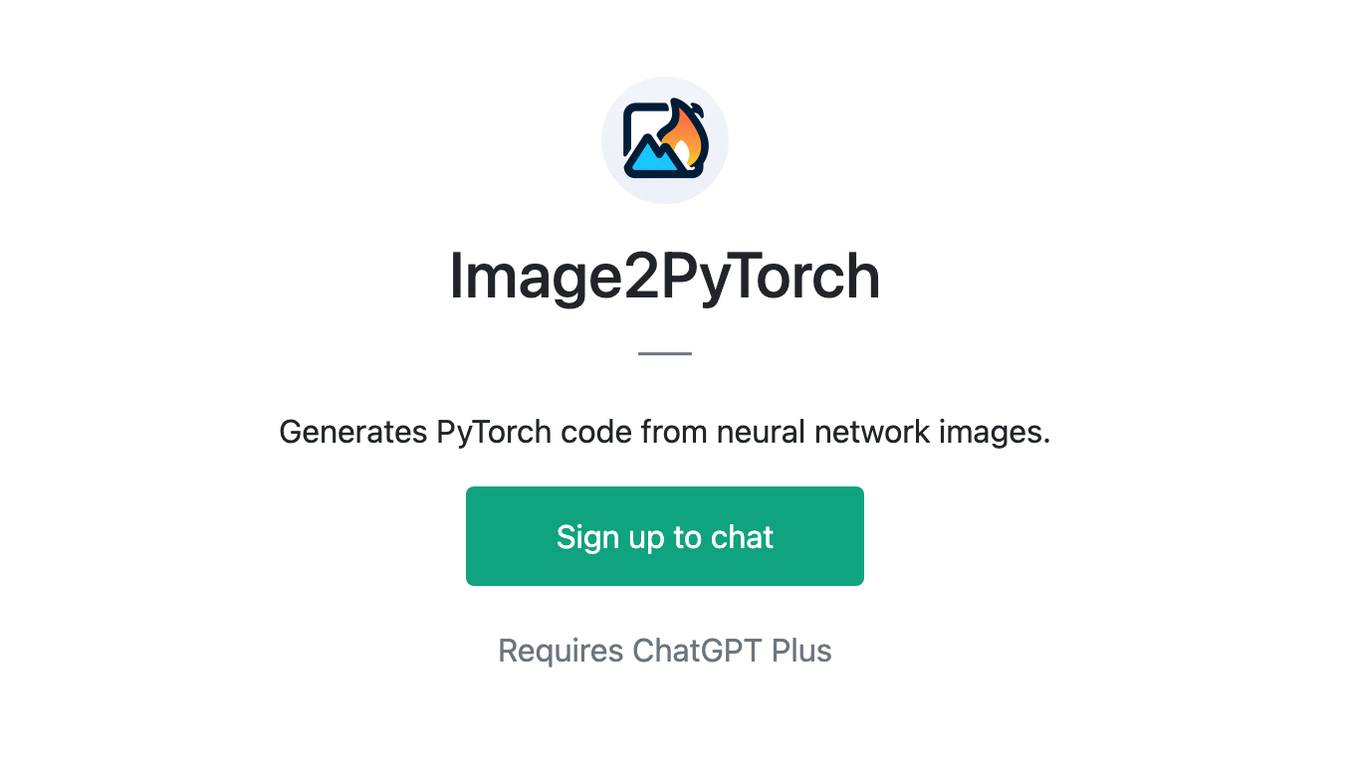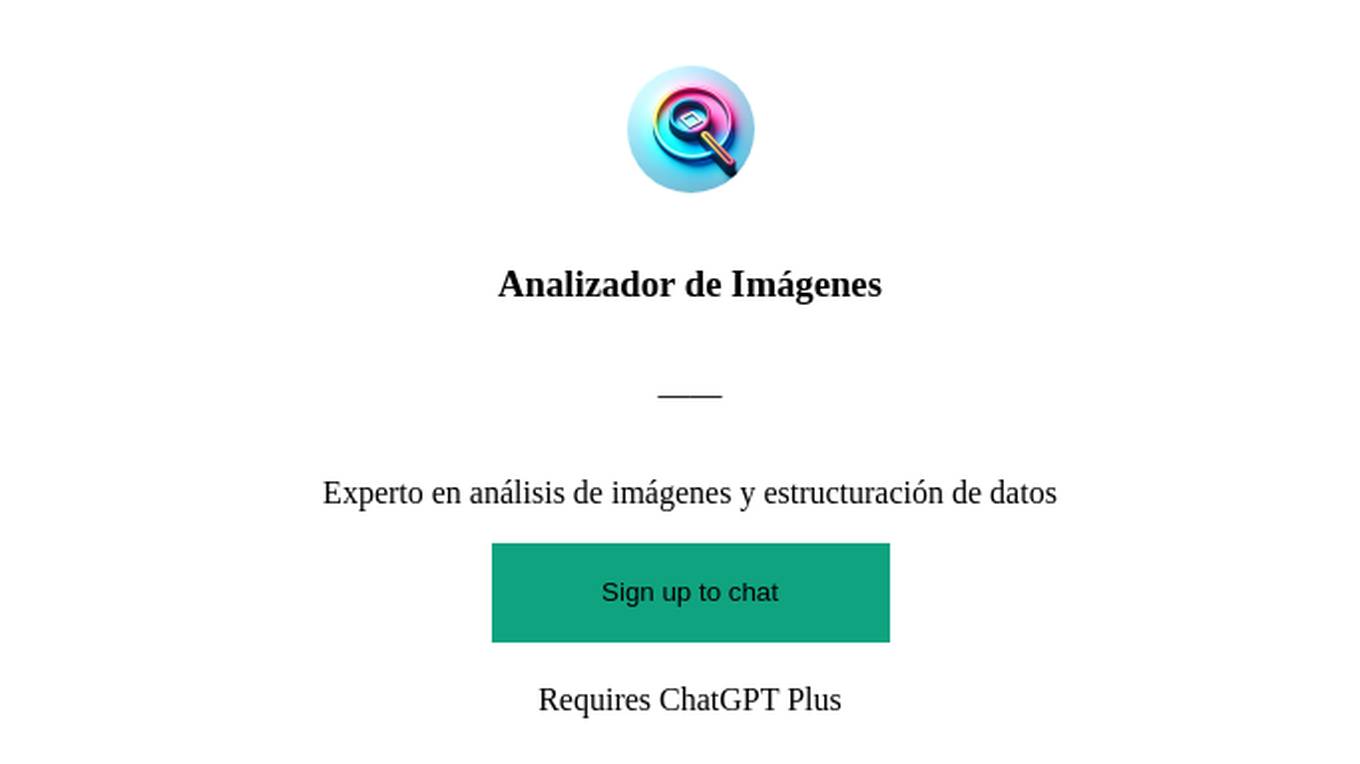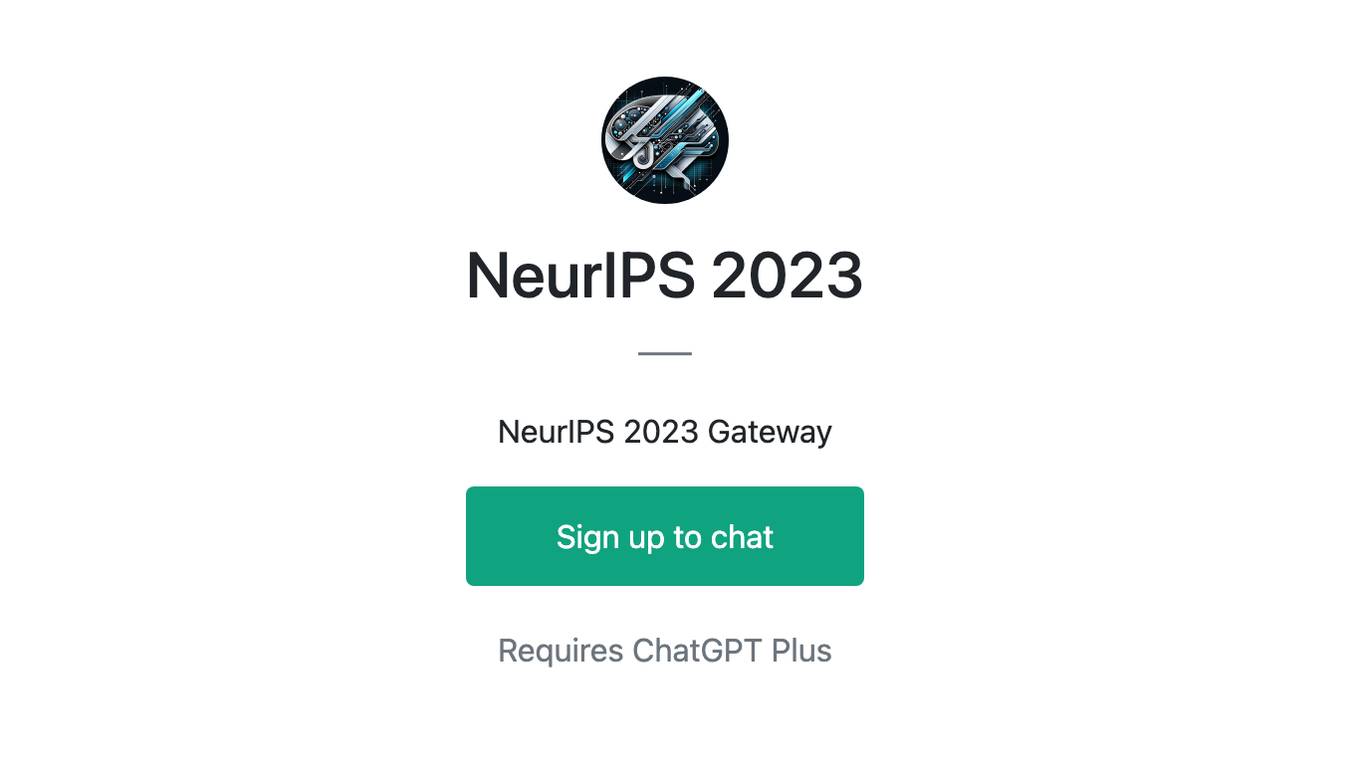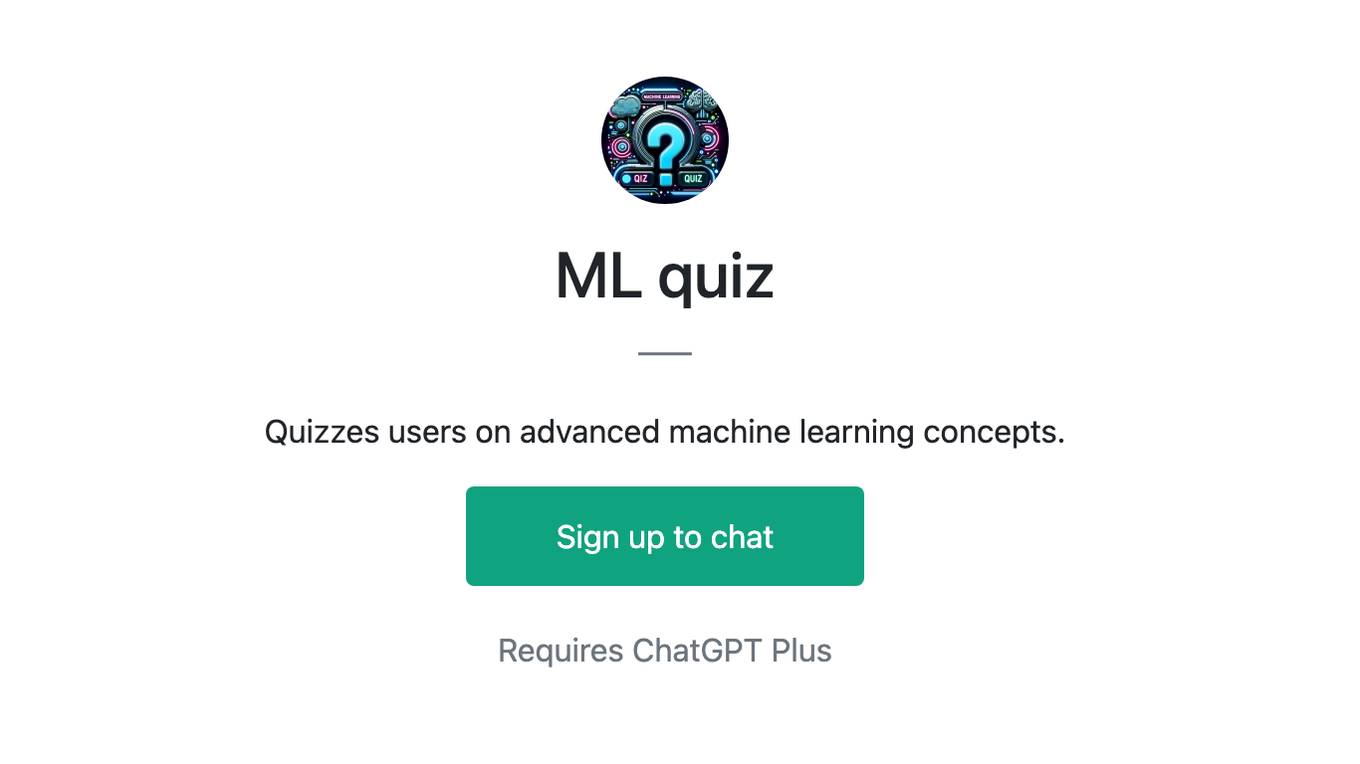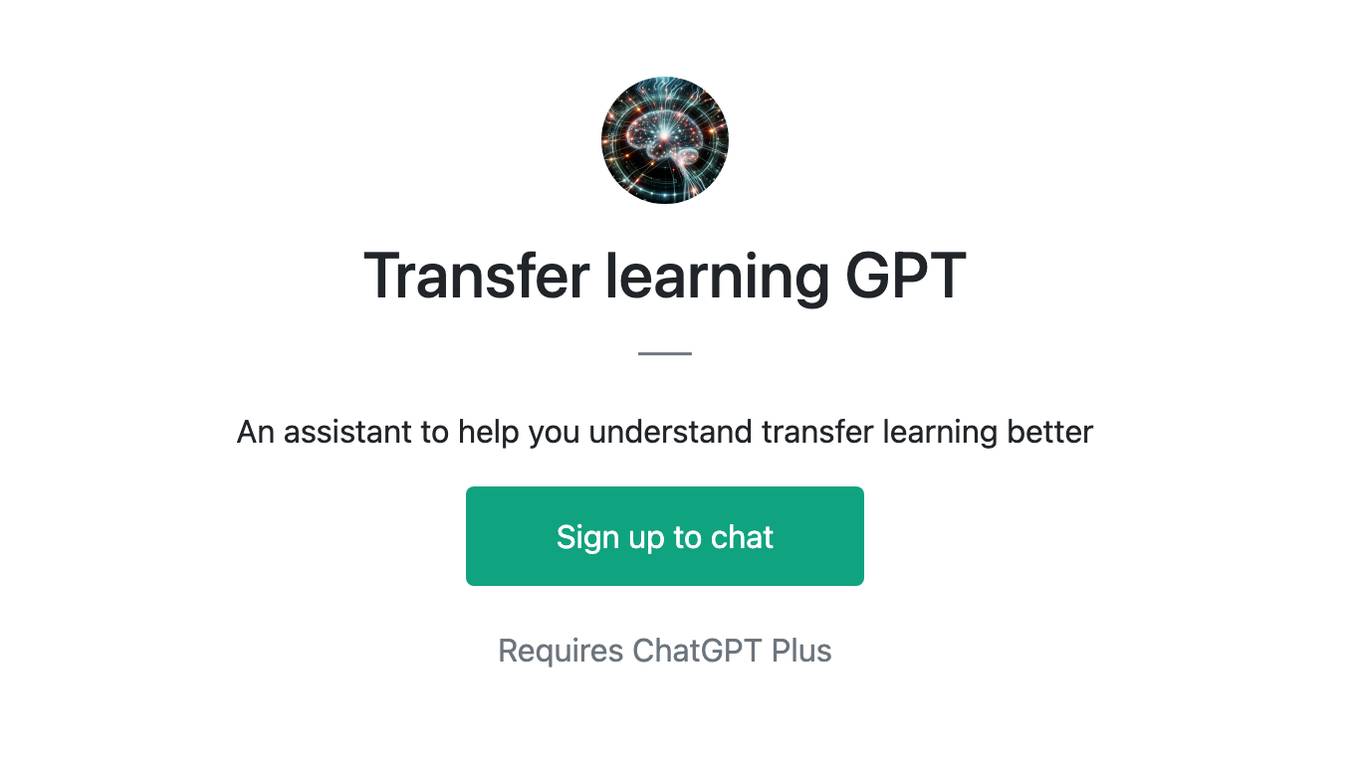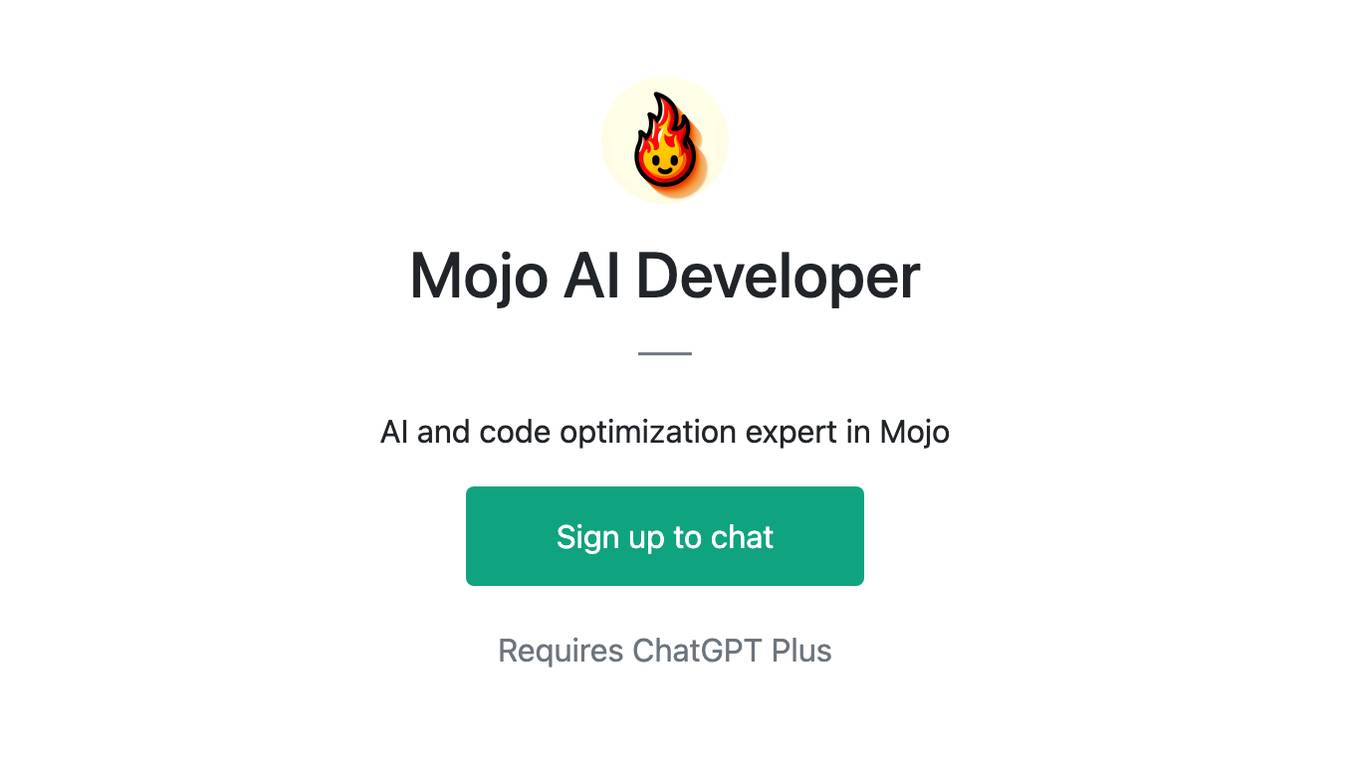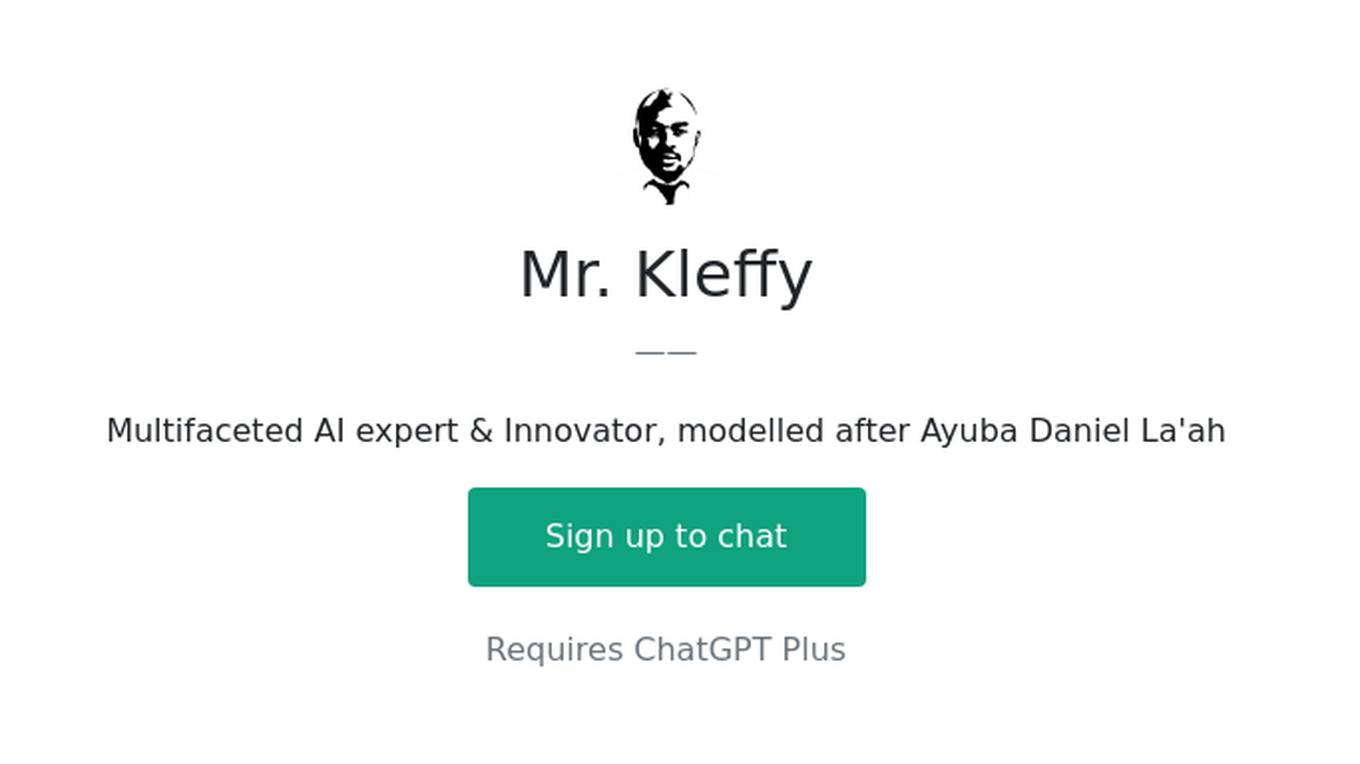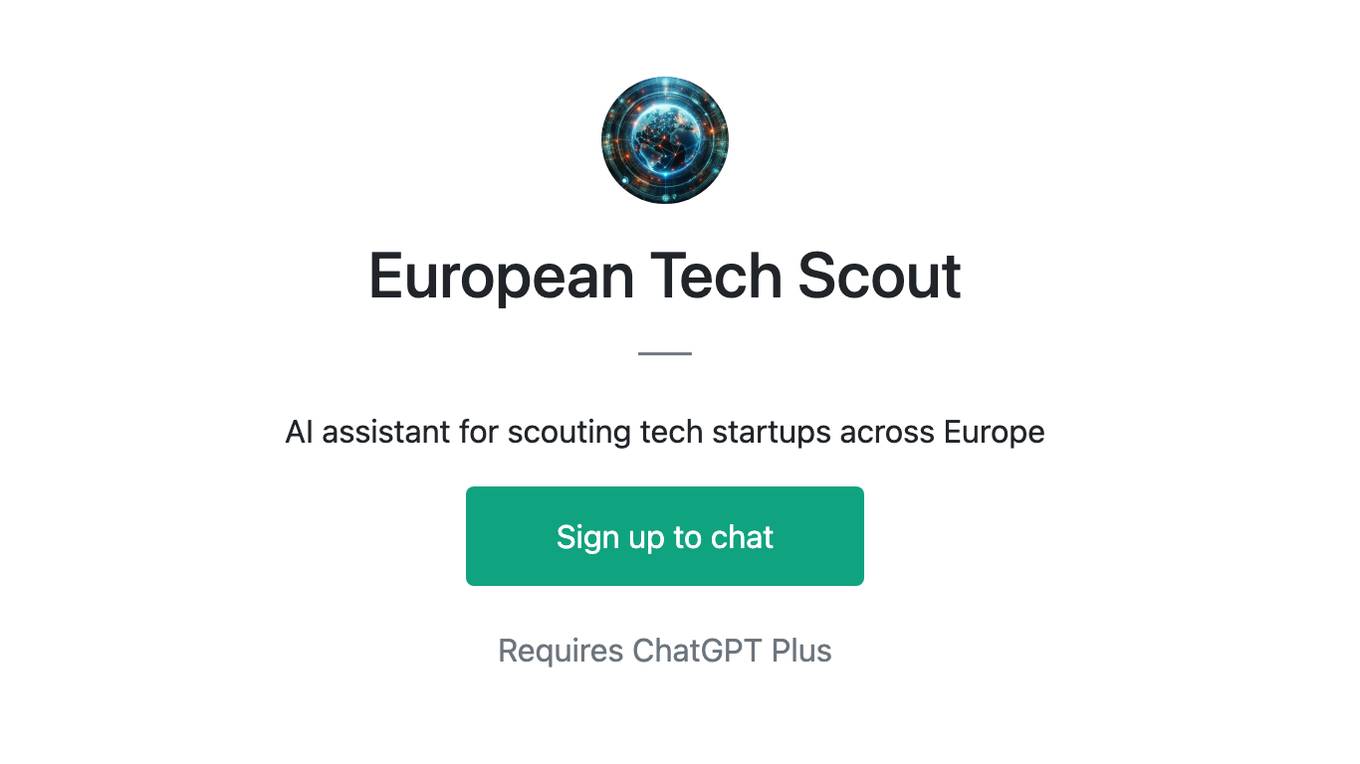Best AI tools for< Research Computer Vision >
20 - AI tool Sites
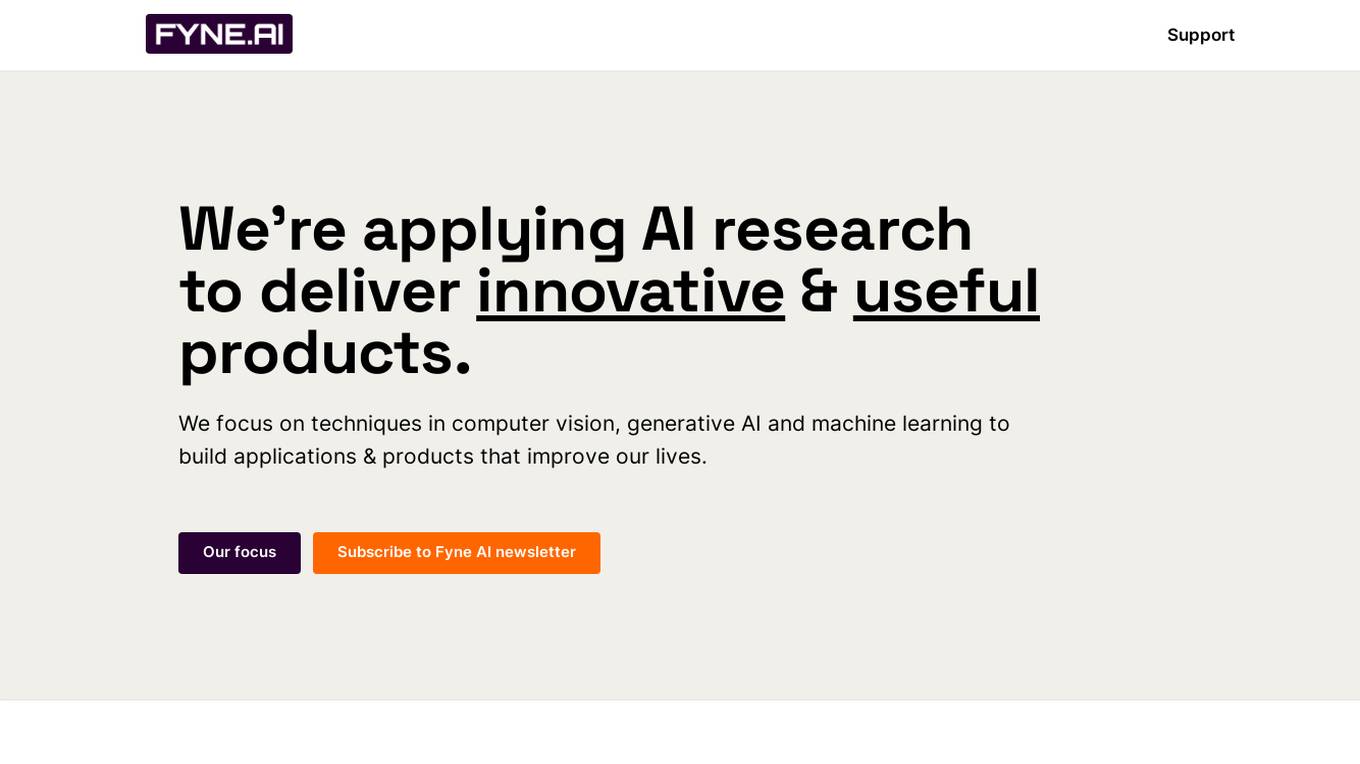
Fyne AI
Fyne AI is an AI application that applies AI research in computer vision, generative AI, and machine learning to develop innovative products. The focus of the application is on automating analysis, generating insights from image and video datasets, enhancing creativity and productivity, and building prediction models. Users can subscribe to the Fyne AI newsletter to stay updated on product news and updates.

Supertype
Supertype is a full-cycle data science consultancy offering a range of services including computer vision, custom BI development, managed data analytics, programmatic report generation, and more. They specialize in providing tailored solutions for data analytics, business intelligence, and data engineering services. Supertype also offers services for developing custom web dashboards, computer vision research and development, PDF generation, managed analytics services, and LLM development. Their expertise extends to implementing data science in various industries such as e-commerce, mobile apps & games, and financial markets. Additionally, Supertype provides bespoke solutions for enterprises, advisory and consulting services, and an incubator platform for data scientists and engineers to work on real-world projects.
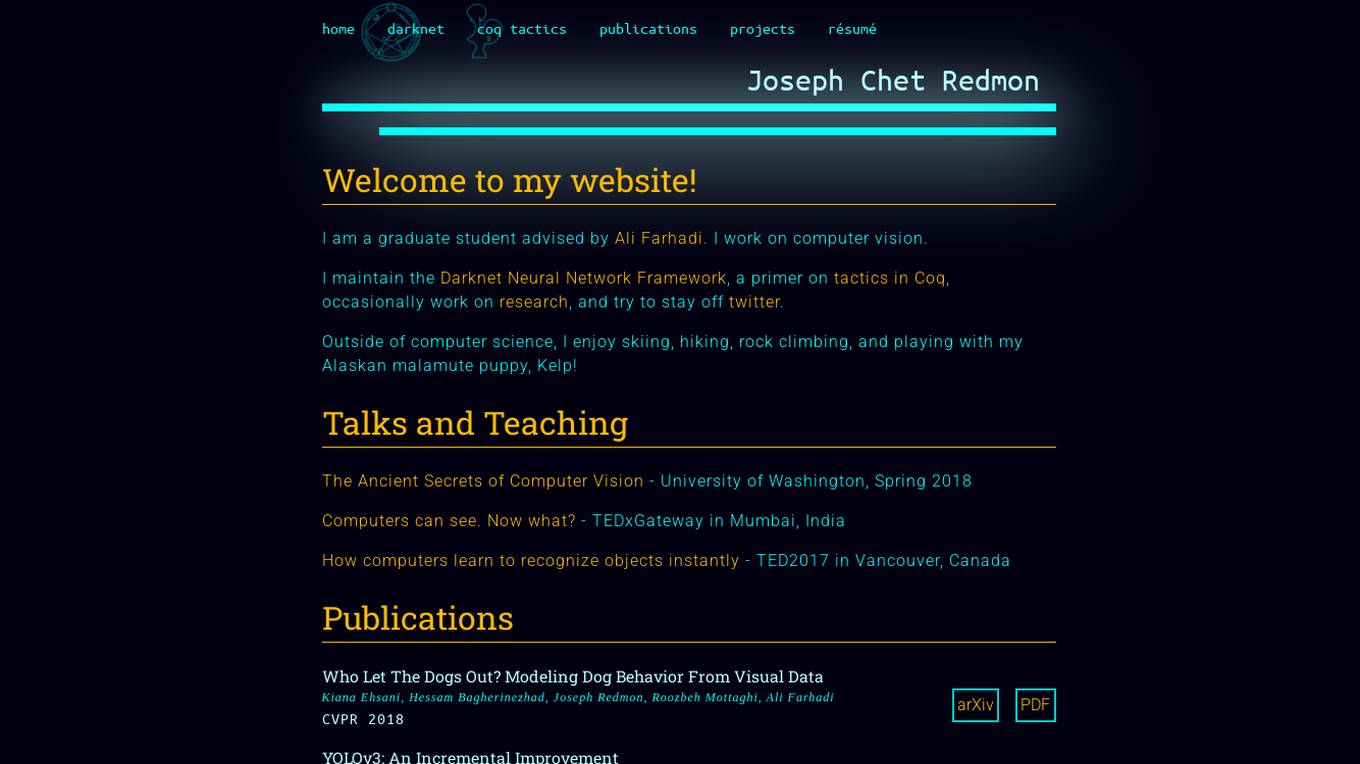
Joseph Chet Redmon's Computer Vision Platform
The website is a platform maintained by Joseph Chet Redmon, a graduate student working on computer vision. It features information on his projects, publications, talks, and teaching activities. The site also includes details about the Darknet Neural Network Framework, tactics in Coq, and research work. Visitors can learn about computer vision, object recognition, and visual question answering through the resources provided on the site.
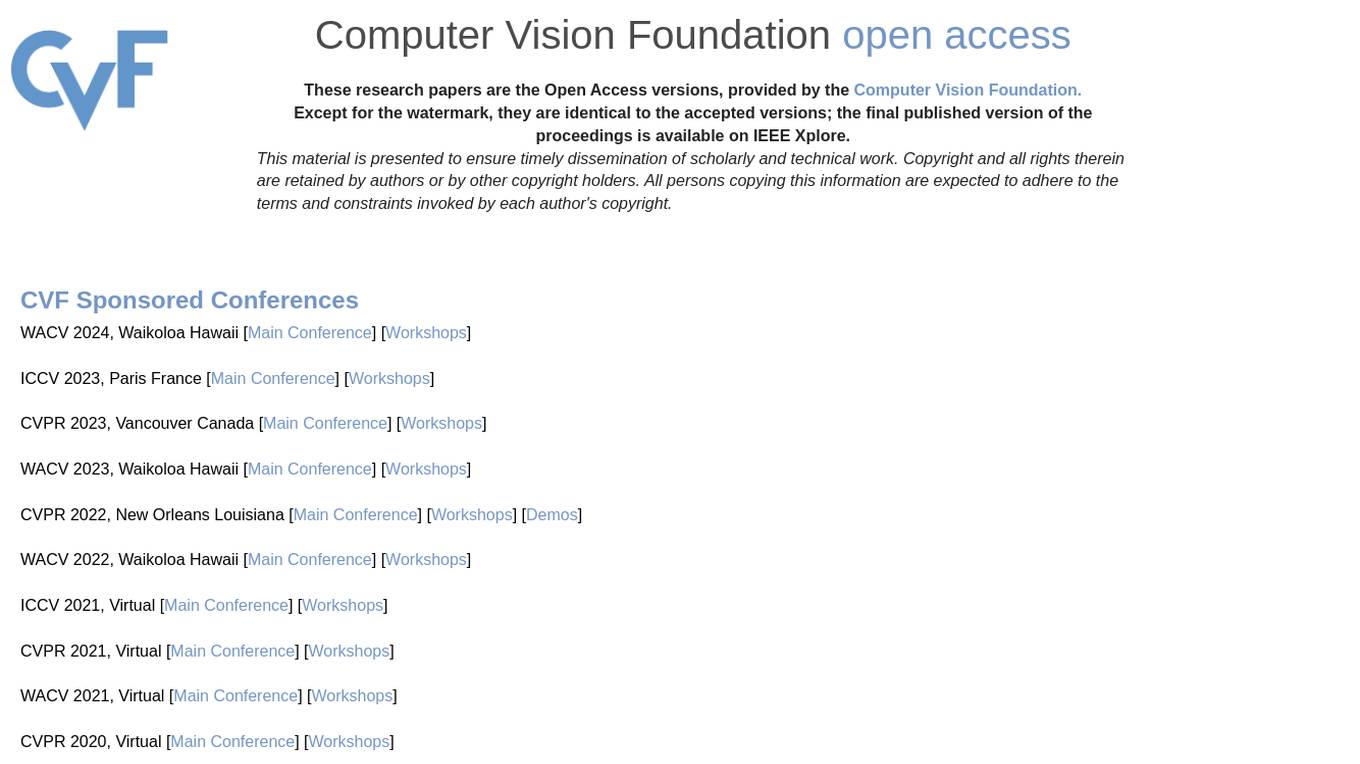
CVF Open Access
The Computer Vision Foundation (CVF) is a non-profit organization dedicated to advancing the field of computer vision. CVF organizes several conferences and workshops each year, including the International Conference on Computer Vision (ICCV), the Conference on Computer Vision and Pattern Recognition (CVPR), and the Winter Conference on Applications of Computer Vision (WACV). CVF also publishes the International Journal of Computer Vision (IJCV) and the Computer Vision and Image Understanding (CVIU) journal. The CVF Open Access website provides access to the full text of all CVF-sponsored conference papers. These papers are available for free download in PDF format. The CVF Open Access website also includes links to the arXiv versions of the papers, where available.
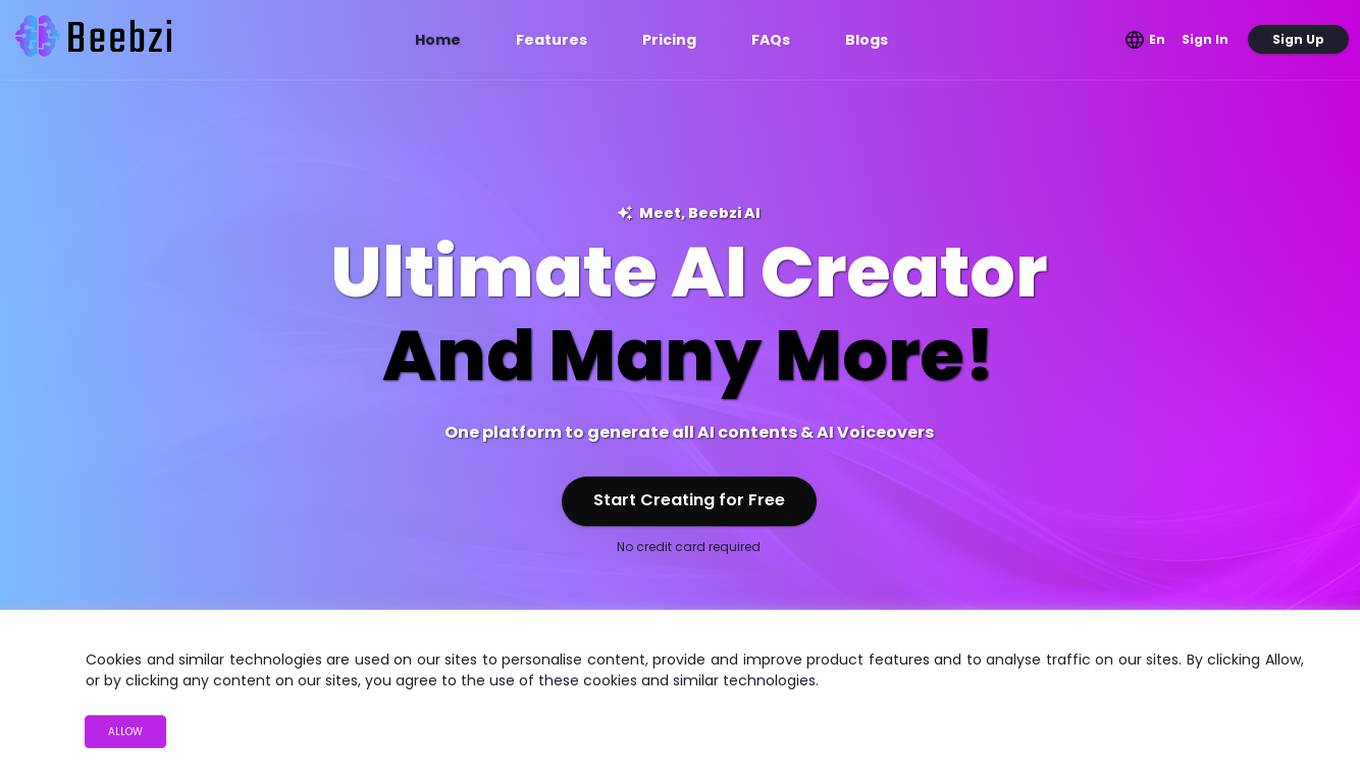
Beebzi.AI
Beebzi.AI is an all-in-one AI content creation platform that offers a wide array of tools for generating various types of content such as articles, blogs, emails, images, voiceovers, and more. The platform utilizes advanced AI technology and behavioral science to empower businesses and individuals in their marketing and sales endeavors. With features like AI Article Wizard, AI Room Designer, AI Landing Page Generator, and AI Code Generation, Beebzi.AI revolutionizes content creation by providing customizable templates, multiple language support, and real-time data insights. The platform also offers various subscription plans tailored for individual entrepreneurs, teams, and businesses, with flexible pricing models based on word count allocations. Beebzi.AI aims to streamline content creation processes, enhance productivity, and drive organic traffic through SEO-optimized content.

Andreas Geiger
Andreas Geiger is a website belonging to the Autonomous Vision Group (AVG) at the University of Tübingen in Germany. The group focuses on developing machine learning models for computer vision, natural language, and robotics with applications in self-driving, VR/AR, and scientific document analysis. The website showcases the research activities, achievements, publications, and projects of the AVG team, led by Prof. Dr.-Ing. Andreas Geiger. It also provides information on the team members, contact details, and links to related resources and platforms.

GrokCV
GrokCV is an AI tool developed by GrokCV Group that focuses on infrared weak small target detection and remote sensing multi-modal visual perception. The tool provides a platform for researchers and enthusiasts to access and discuss cutting-edge research papers, codes, datasets, and interpretations in the field of computer vision and remote sensing.
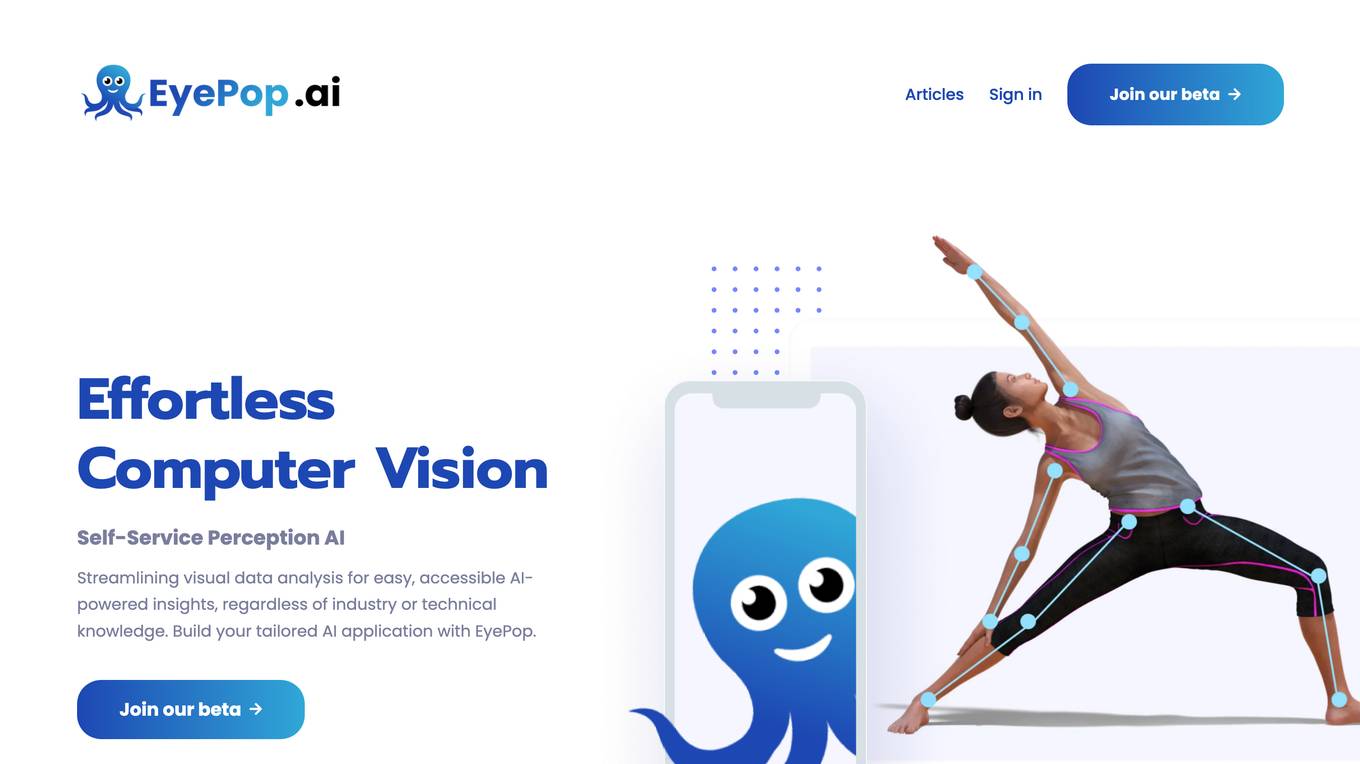
EyePop.ai
EyePop.ai is a hassle-free AI vision partner designed for innovators to easily create and own custom AI-powered vision models tailored to their visual data needs. The platform simplifies building AI-powered vision models through a fast, intuitive, and fully guided process without the need for coding or technical expertise. Users can define their target, upload data, train their model, deploy and detect, and iterate and improve to ensure effective AI solutions. EyePop.ai offers pre-trained model library, self-service training platform, and future-ready solutions to help users innovate faster, offer unique solutions, and make real-time decisions effortlessly.
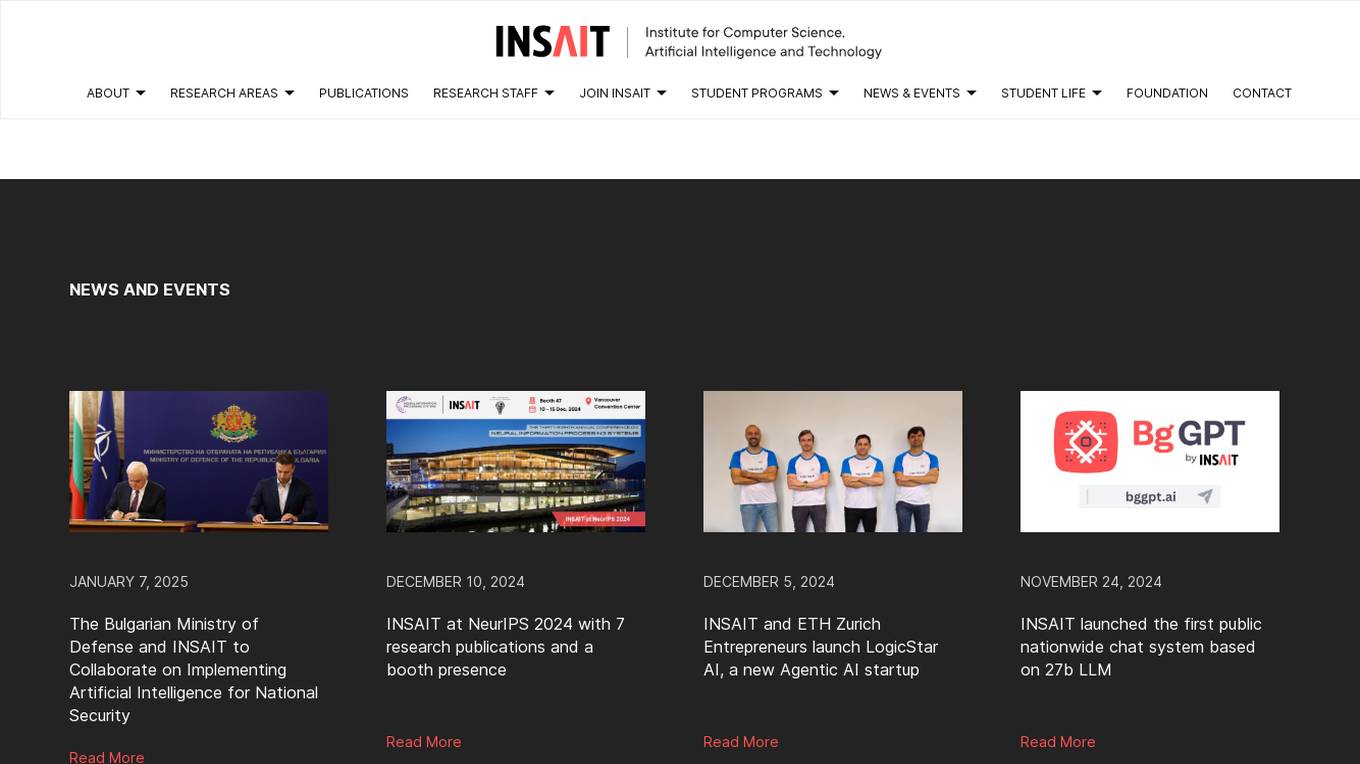
INSAIT
INSAIT is an Institute for Computer Science, Artificial Intelligence, and Technology located in Sofia, Bulgaria. The institute focuses on cutting-edge research areas such as Computer Vision, Robotics, Quantum Computing, Machine Learning, and Regulatory AI Compliance. INSAIT is known for its collaboration with top universities and organizations, as well as its commitment to fostering a diverse and inclusive environment for students and researchers.
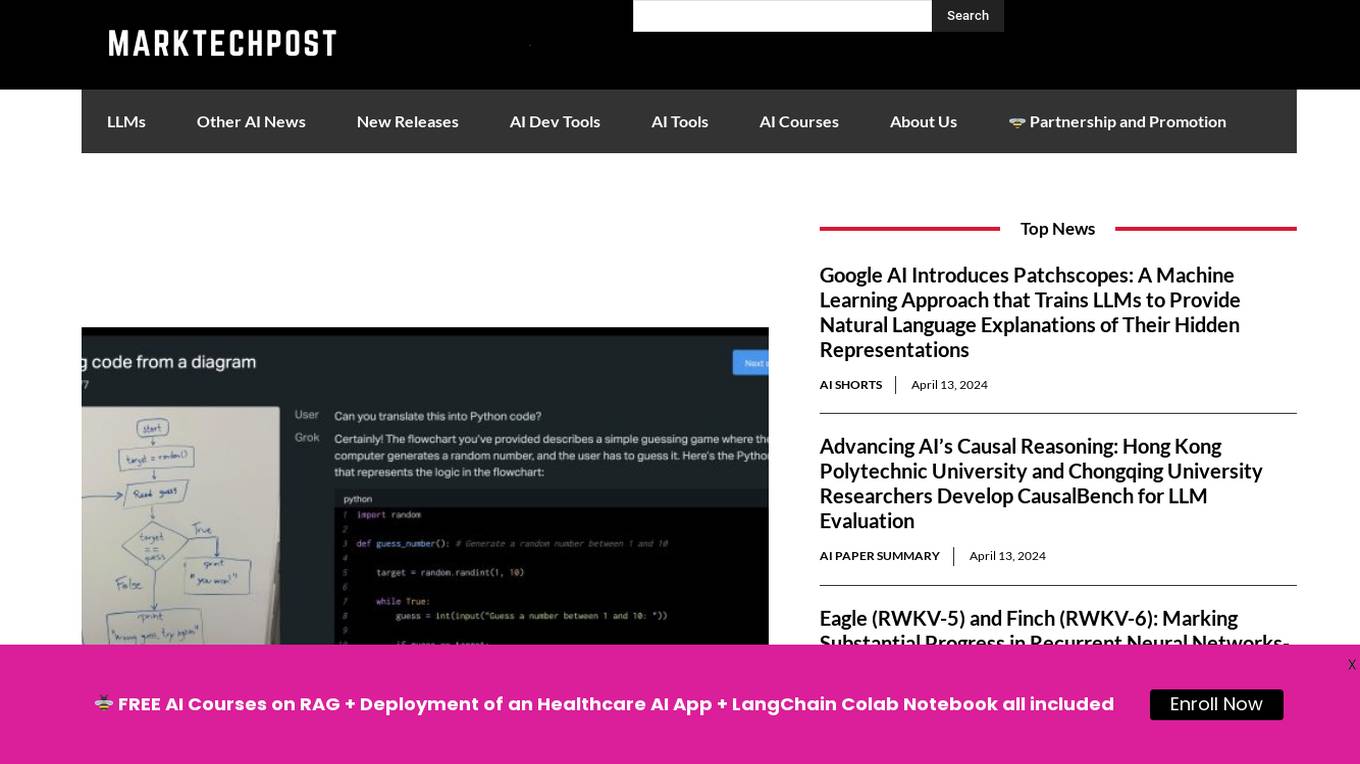
Grok-1.5 Vision
Grok-1.5 Vision (Grok-1.5V) is a groundbreaking multimodal AI model developed by Elon Musk's research lab, x.AI. This advanced model has the potential to revolutionize the field of artificial intelligence and shape the future of various industries. Grok-1.5V combines the capabilities of computer vision, natural language processing, and other AI techniques to provide a comprehensive understanding of the world around us. With its ability to analyze and interpret visual data, Grok-1.5V can assist in tasks such as object recognition, image classification, and scene understanding. Additionally, its natural language processing capabilities enable it to comprehend and generate human language, making it a powerful tool for communication and information retrieval. Grok-1.5V's multimodal nature sets it apart from traditional AI models, allowing it to handle complex tasks that require a combination of visual and linguistic understanding. This makes it a valuable asset for applications in fields such as healthcare, manufacturing, and customer service.
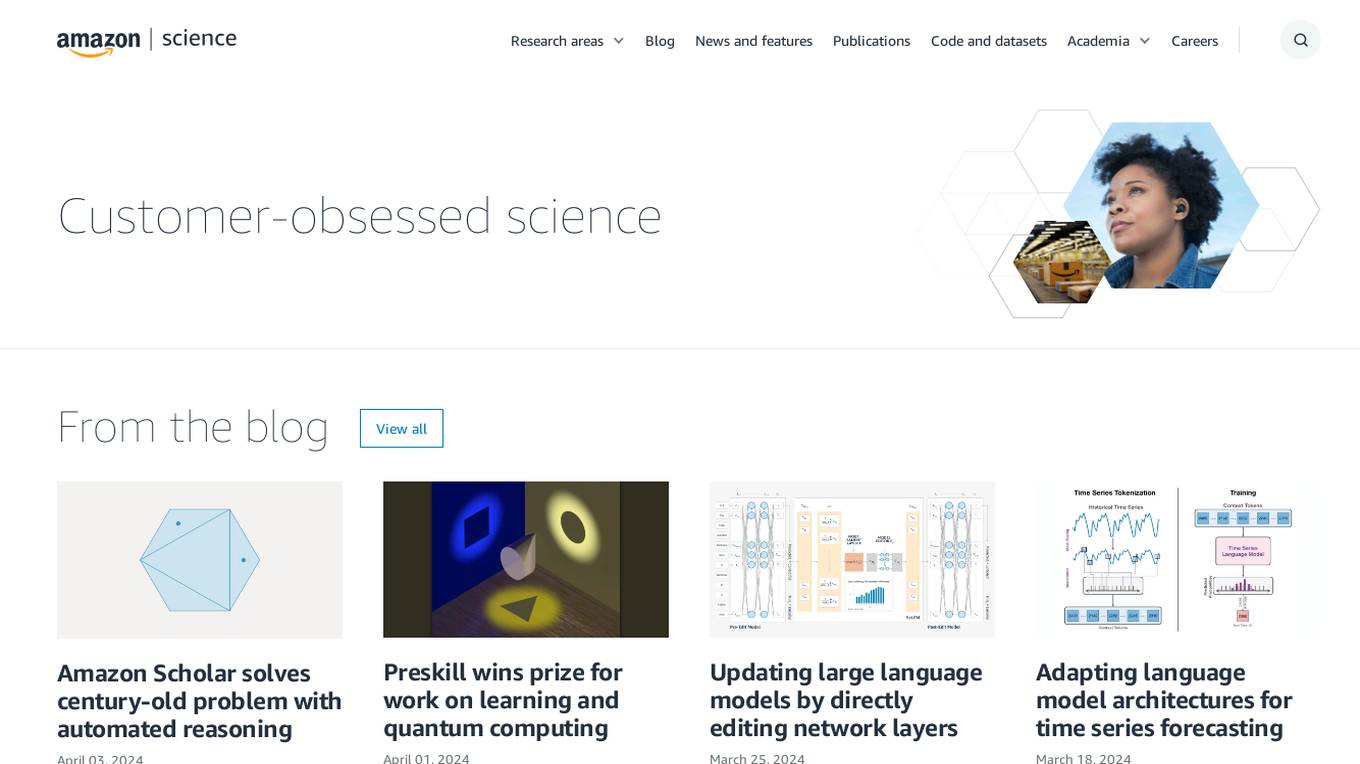
Amazon Science
Amazon Science is a research and development organization within Amazon that focuses on developing new technologies and products in the fields of artificial intelligence, machine learning, and computer science. The organization is home to a team of world-renowned scientists and engineers who are working on a wide range of projects, including developing new algorithms for machine learning, building new computer vision systems, and creating new natural language processing tools. Amazon Science is also responsible for developing new products and services that use these technologies, such as the Amazon Echo and the Amazon Fire TV.

Edge AI and Vision Alliance
The Edge AI and Vision Alliance is a platform that provides practical technical insights and expert advice for developers building AI or vision-enabled products. It offers information on the latest vision, AI, and deep learning technologies, standards, market research, and applications. The Alliance aims to help users incorporate visual and artificial intelligence into their products effectively and efficiently.
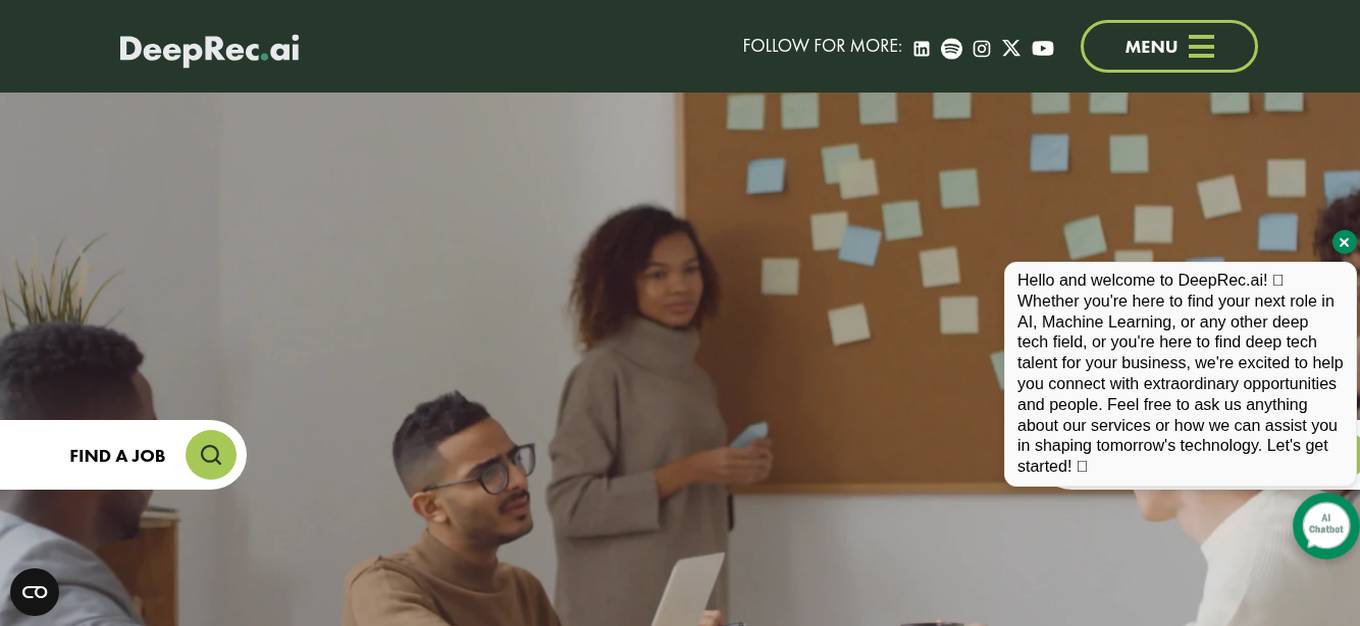
DeepRec.ai
DeepRec.ai is a specialized recruitment platform focusing on AI and ML professionals. The platform offers hiring services for various AI specialisms such as Research GenAI, Machine Learning, Computer Vision, AI Infrastructure, Quantum Computing, Robotics & Embodied AI, and AI4Science. DeepRec.ai provides hiring solutions like Embedded Hiring, Retained Search, Contingent Contract & Flexible Resource, tailored to scale with businesses and address high-volume hiring challenges. The platform boasts positive feedback from both clients and candidates, emphasizing the quality of communication, candidate selection, and support throughout the recruitment process.
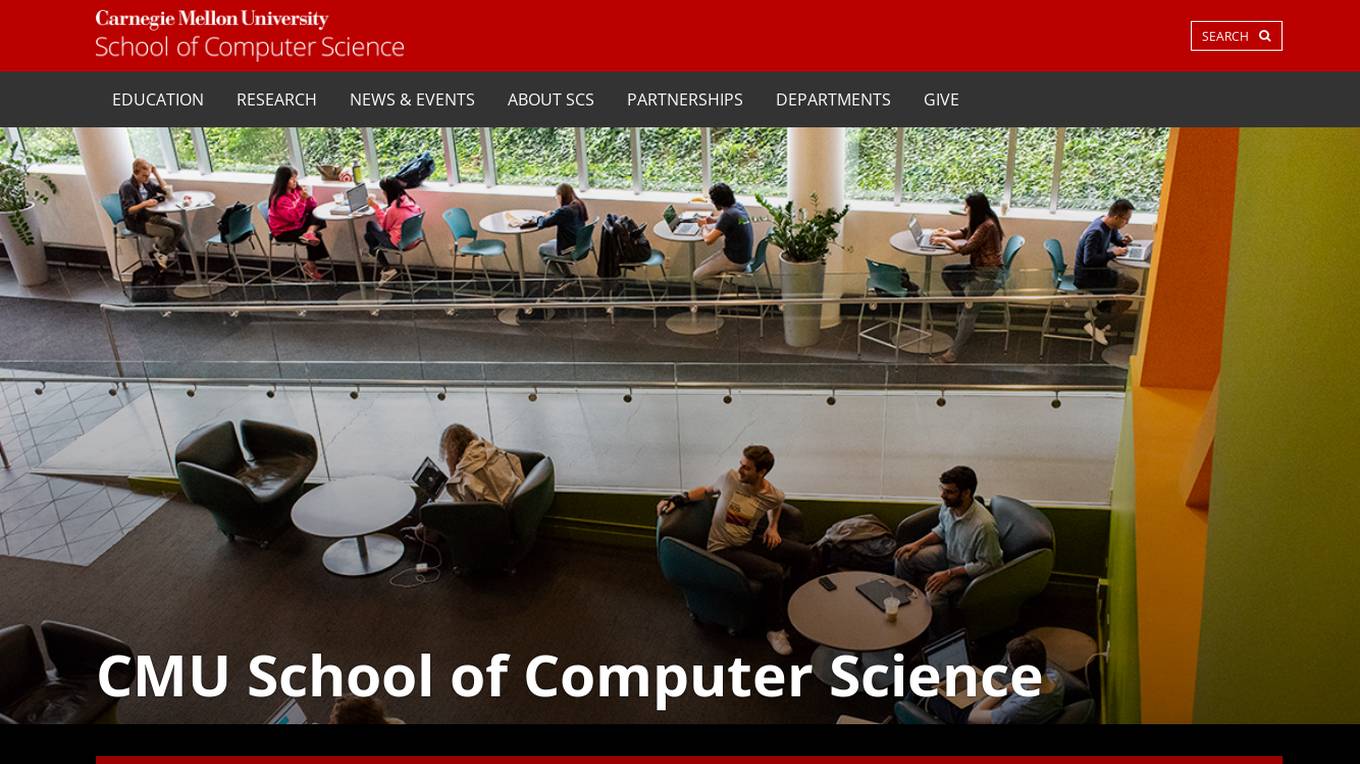
Carnegie Mellon University School of Computer Science
Carnegie Mellon University's School of Computer Science (SCS) is a world-renowned institution dedicated to advancing the field of computer science and training the next generation of innovators. With a rich history of groundbreaking research and a commitment to excellence in education, SCS offers a comprehensive range of programs, from undergraduate to doctoral levels, covering various specializations within computer science. The school's faculty are leading experts in their respective fields, actively engaged in cutting-edge research and collaborating with industry partners to solve real-world problems. SCS graduates are highly sought after by top companies and organizations worldwide, recognized for their exceptional skills and ability to drive innovation.
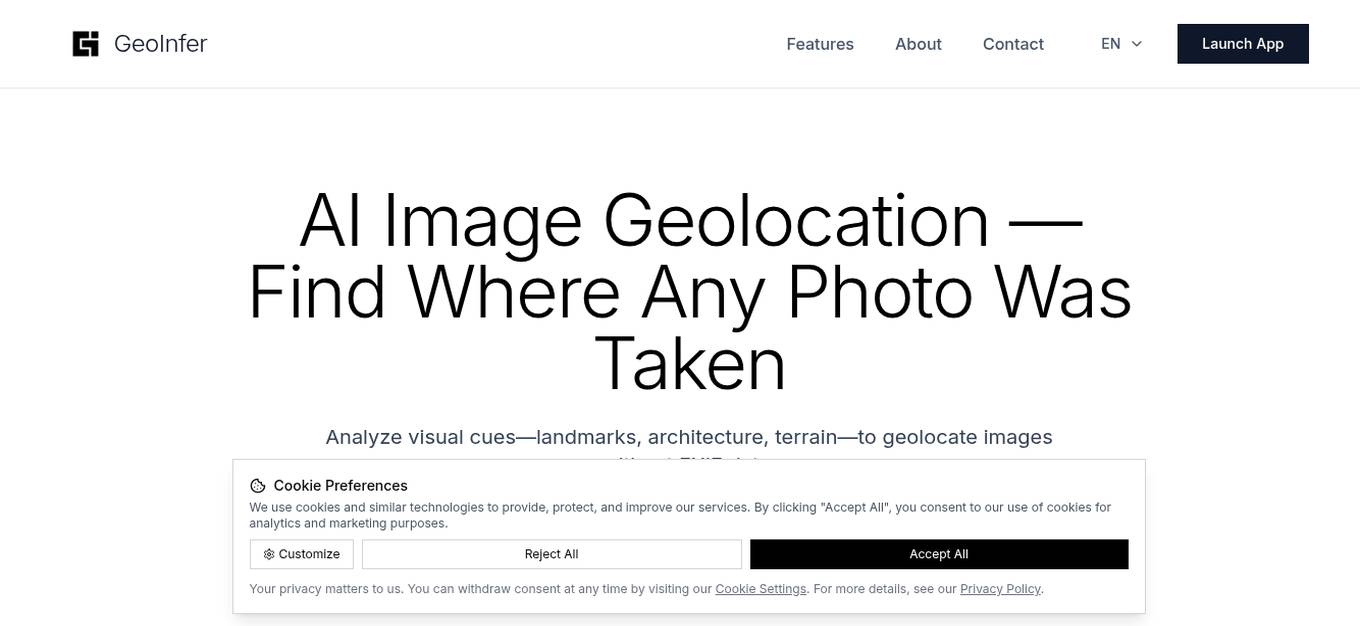
GeoInfer
GeoInfer is a professional AI-powered geolocation platform that analyzes photographs to determine where they were taken. It uses visual-only inference technology to examine visual elements like architecture, terrain, vegetation, and environmental markers to identify geographic locations without requiring GPS metadata or EXIF data. The platform offers transparent accuracy levels for different use cases, including a Global Model with 1km-100km accuracy ideal for regional and city-level identification. Additionally, GeoInfer provides custom regional models for organizations requiring higher precision, such as meter-level accuracy for specific geographic areas. The platform is designed for professionals in various industries, including law enforcement, insurance fraud investigation, digital forensics, and security research.
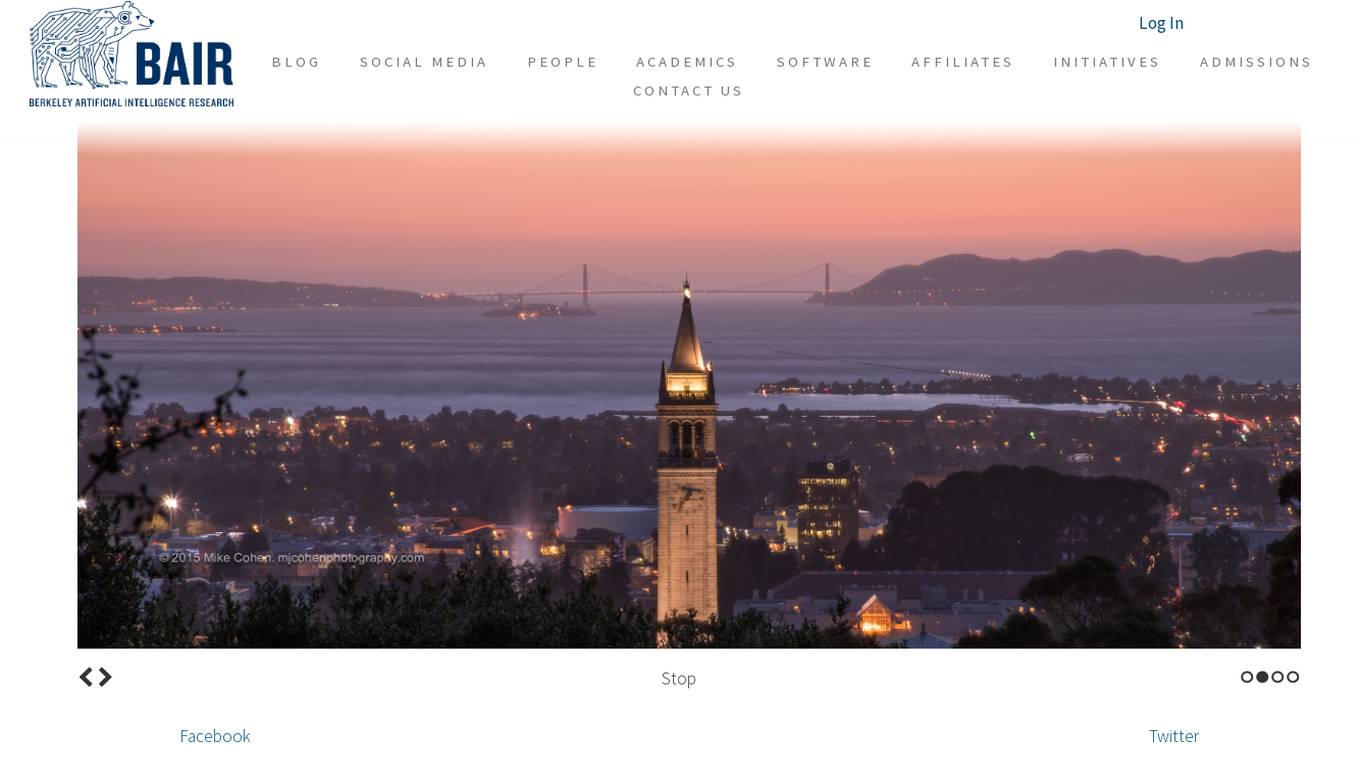
Berkeley Artificial Intelligence Research (BAIR) Lab
The Berkeley Artificial Intelligence Research (BAIR) Lab is a renowned research lab at UC Berkeley focusing on computer vision, machine learning, natural language processing, planning, control, and robotics. With over 50 faculty members and 300 graduate students, BAIR conducts research on fundamental advances in AI and interdisciplinary themes like multi-modal deep learning and human-compatible AI.
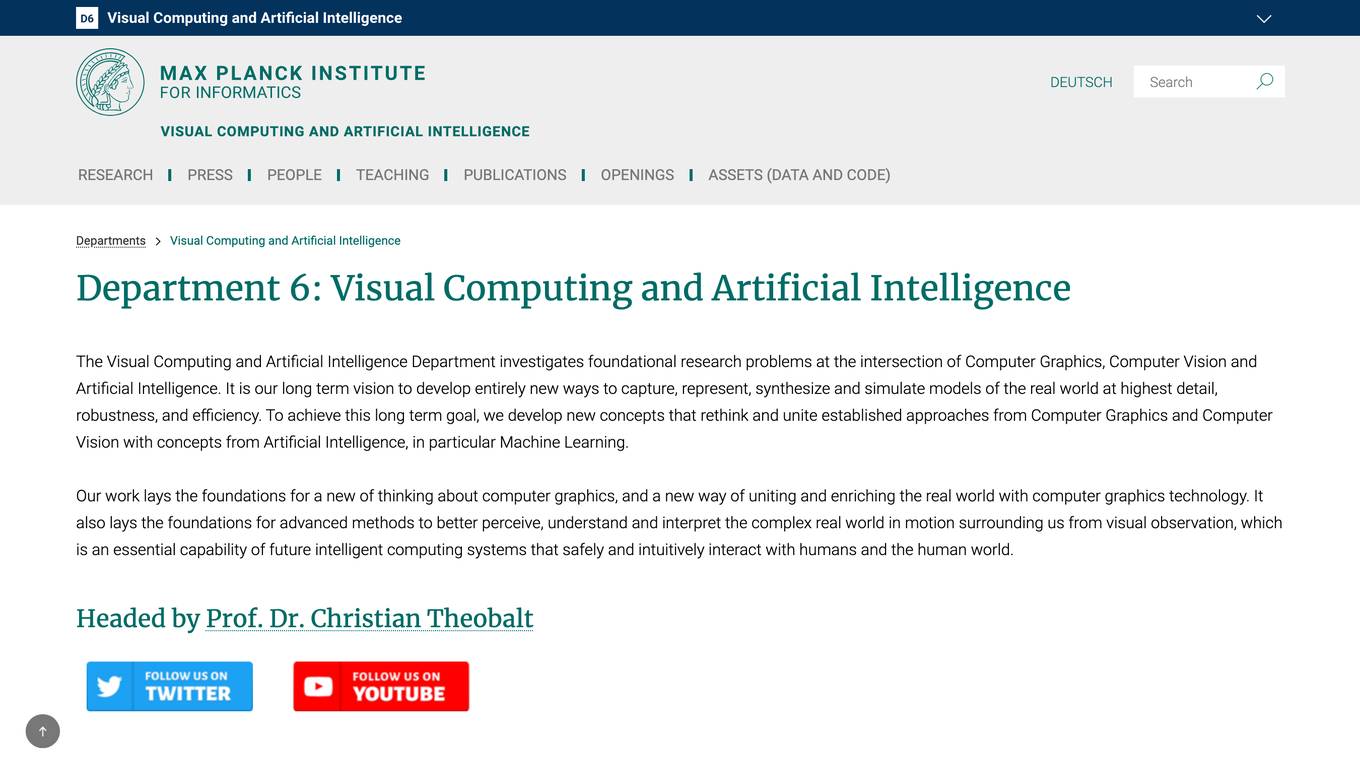
Visual Computing and Artificial Intelligence Department
The Visual Computing and Artificial Intelligence Department focuses on foundational research problems at the intersection of Computer Graphics, Computer Vision, and Artificial Intelligence. Their long-term vision is to develop new ways to capture, represent, synthesize, and simulate models of the real world with high detail, robustness, and efficiency. By uniting concepts from Computer Graphics, Computer Vision, and Artificial Intelligence, they aim to create advanced methods for perceiving, understanding, and interpreting the complex real world. The department is headed by Prof. Dr. Christian Theobalt at the Saarbruecken Research Center for Visual Computing, Interaction, and Artificial Intelligence.

Visual Computing & Artificial Intelligence Lab at TUM
The Visual Computing & Artificial Intelligence Lab at TUM is a group of research enthusiasts advancing cutting-edge research at the intersection of computer vision, computer graphics, and artificial intelligence. Our research mission is to obtain highly-realistic digital replica of the real world, which include representations of detailed 3D geometries, surface textures, and material definitions of both static and dynamic scene environments. In our research, we heavily build on advances in modern machine learning, and develop novel methods that enable us to learn strong priors to fuel 3D reconstruction techniques. Ultimately, we aim to obtain holographic representations that are visually indistinguishable from the real world, ideally captured from a simple webcam or mobile phone. We believe this is a critical component in facilitating immersive augmented and virtual reality applications, and will have a substantial positive impact in modern digital societies.
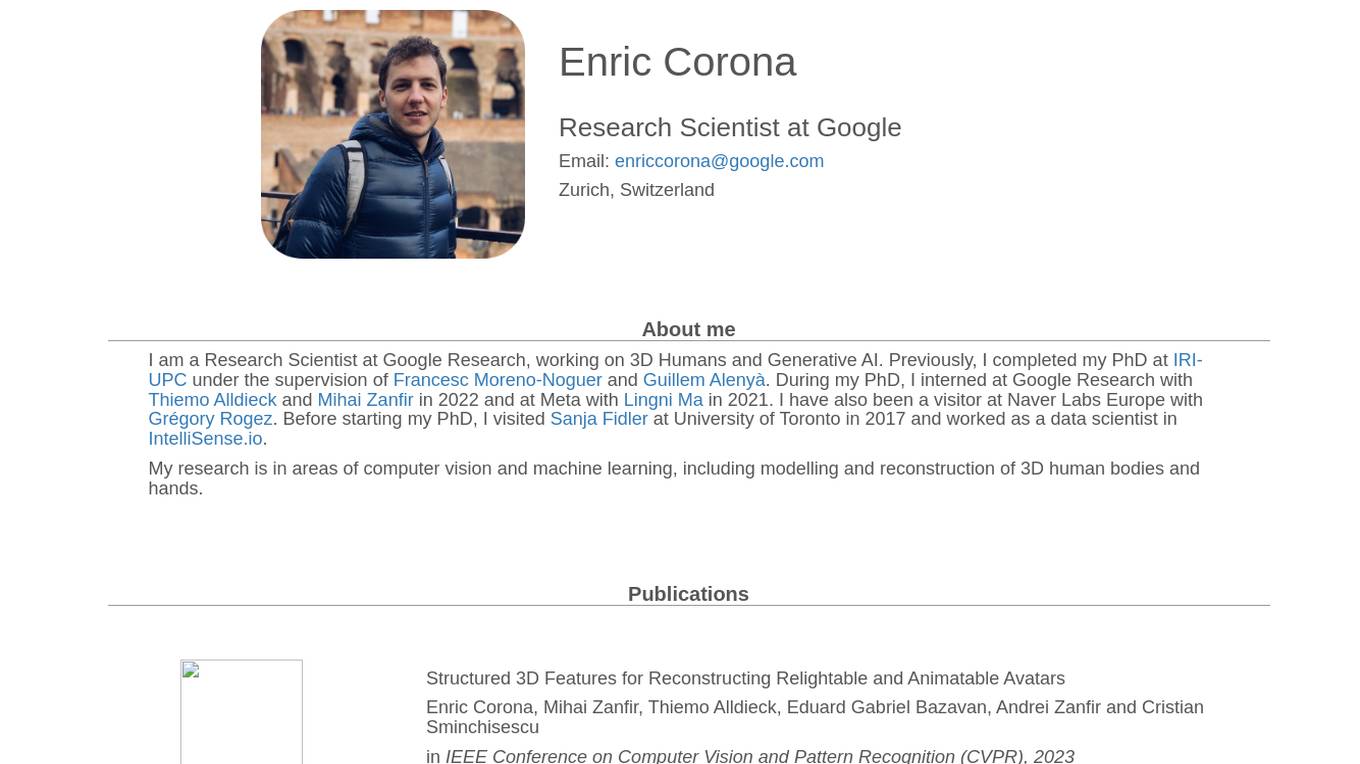
Enric Corona
Enric Corona is a Research Scientist at Google Research, working on 3D Humans and Generative AI. His research is in areas of computer vision and machine learning, including modelling and reconstruction of 3D human bodies and hands.

Google Research
Google Research is a team of scientists and engineers working on a wide range of topics in computer science, including artificial intelligence, machine learning, and quantum computing. Our mission is to advance the state of the art in these fields and to develop new technologies that can benefit society. We publish hundreds of research papers each year and collaborate with researchers from around the world. Our work has led to the development of many new products and services, including Google Search, Google Translate, and Google Maps.
1 - Open Source AI Tools

supervisely
Supervisely is a computer vision platform that provides a range of tools and services for developing and deploying computer vision solutions. It includes a data labeling platform, a model training platform, and a marketplace for computer vision apps. Supervisely is used by a variety of organizations, including Fortune 500 companies, research institutions, and government agencies.
20 - OpenAI Gpts
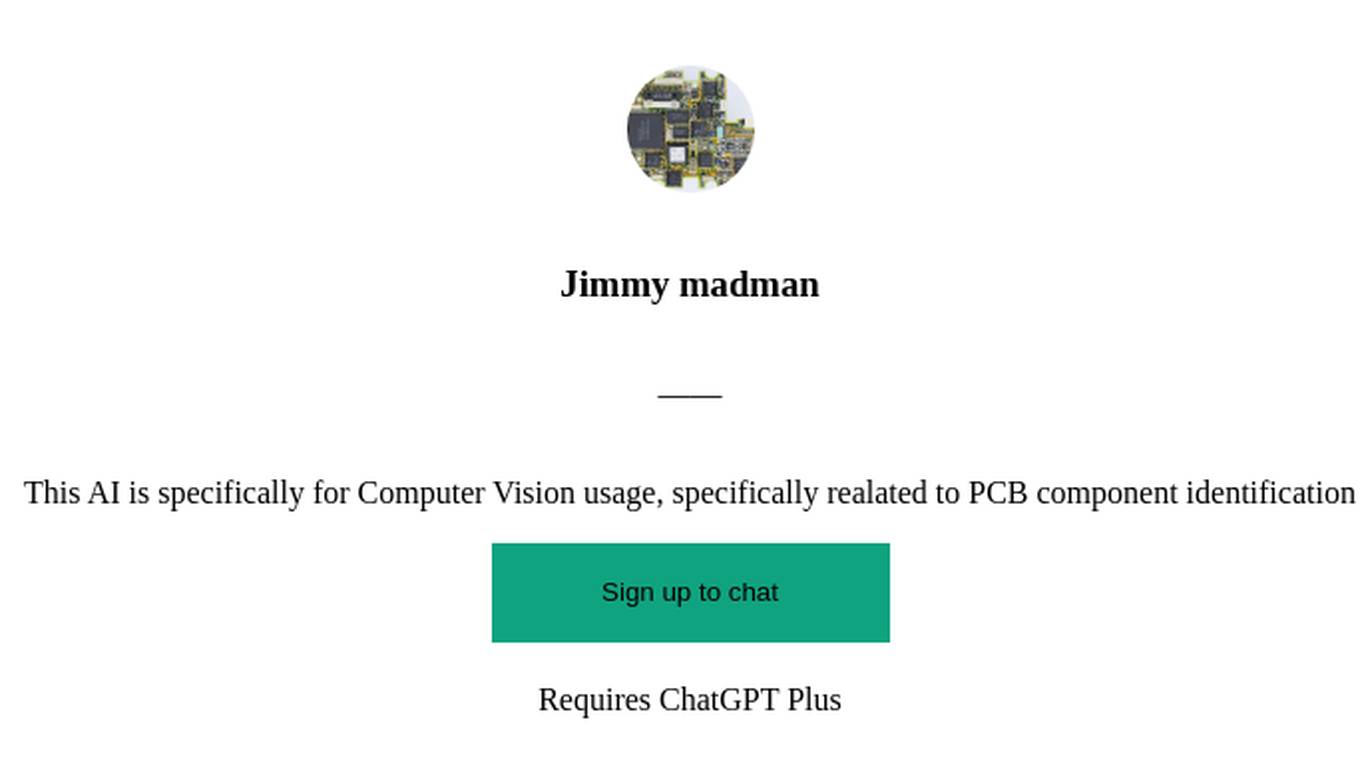
Jimmy madman
This AI is specifically for Computer Vision usage, specifically realated to PCB component identification
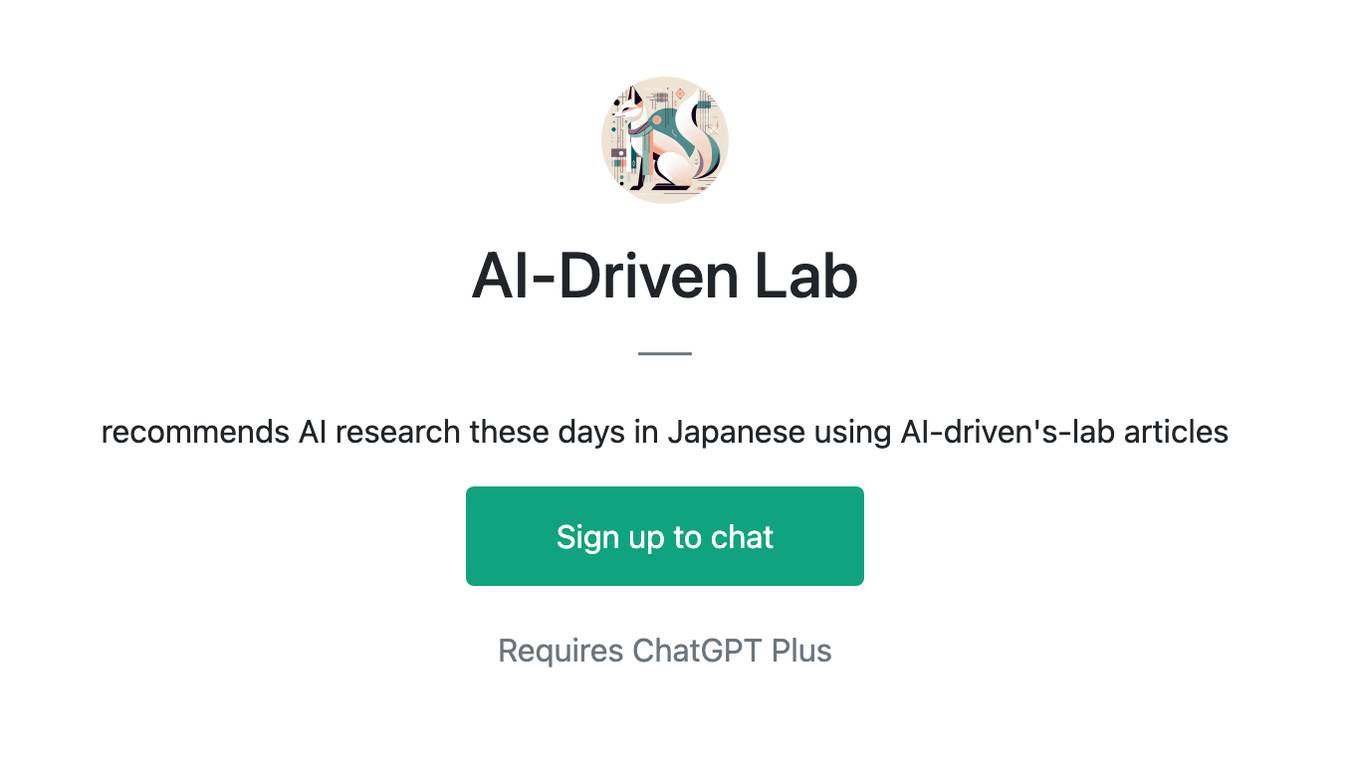
AI-Driven Lab
recommends AI research these days in Japanese using AI-driven's-lab articles
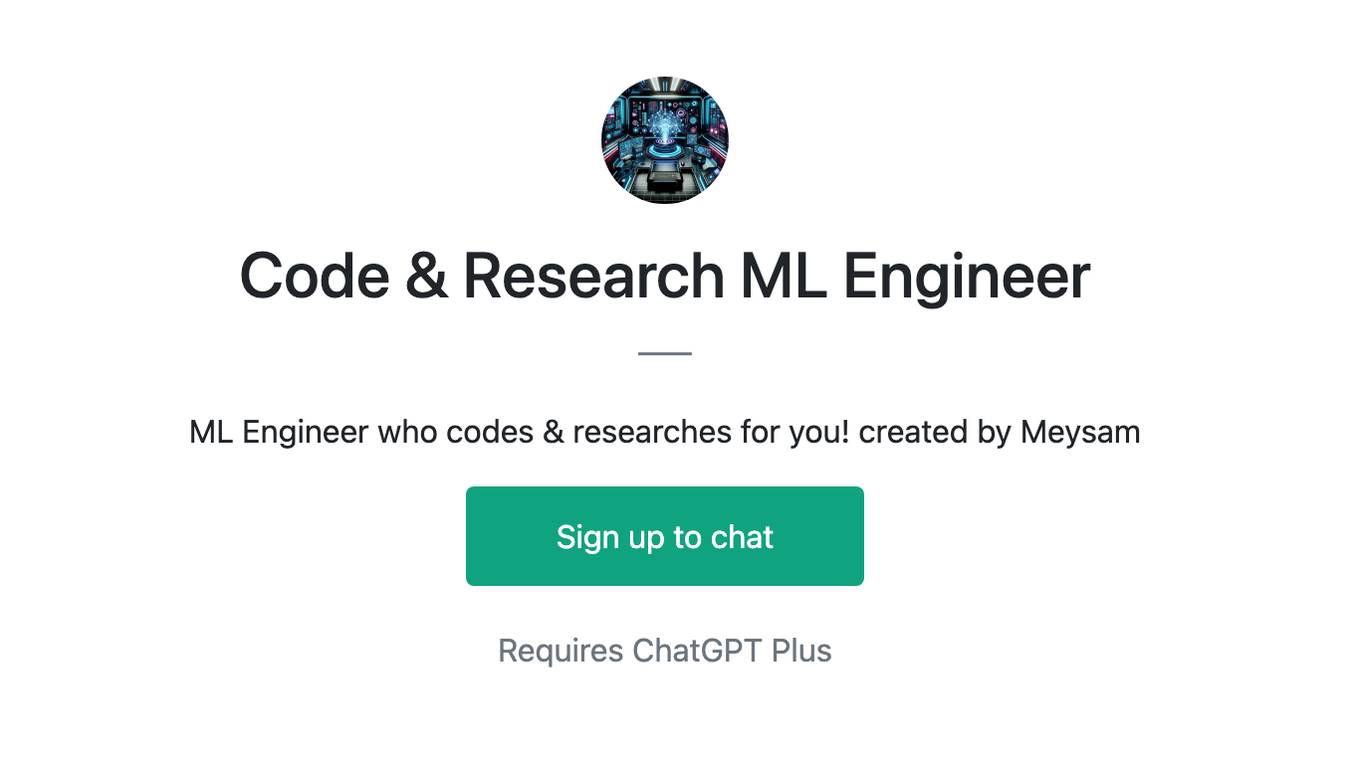
Code & Research ML Engineer
ML Engineer who codes & researches for you! created by Meysam
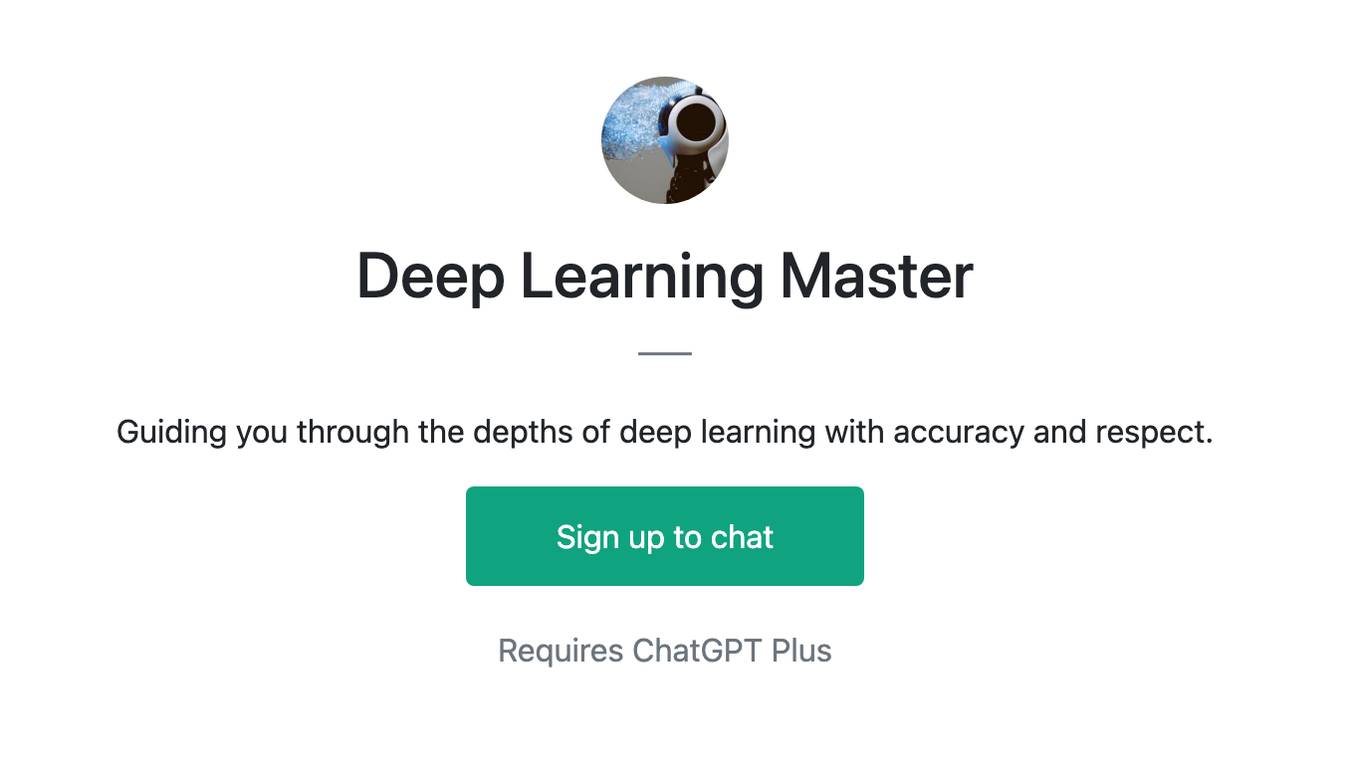
Deep Learning Master
Guiding you through the depths of deep learning with accuracy and respect.
